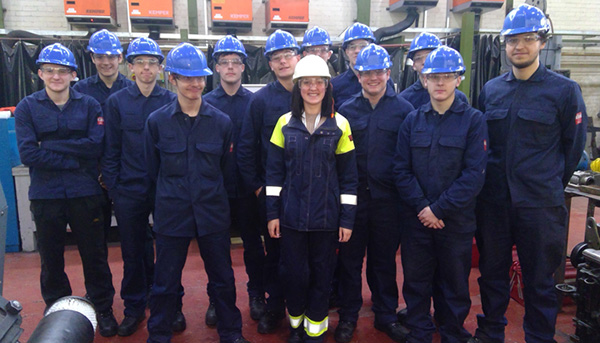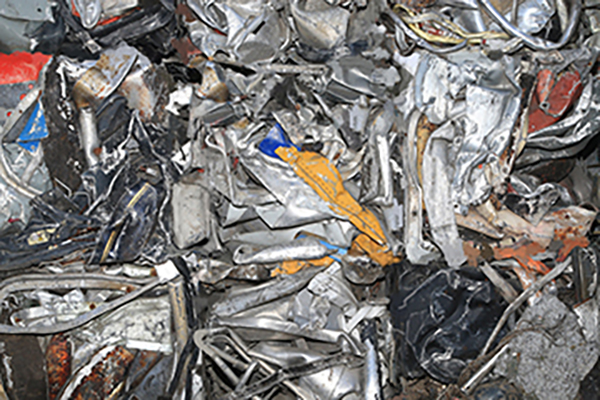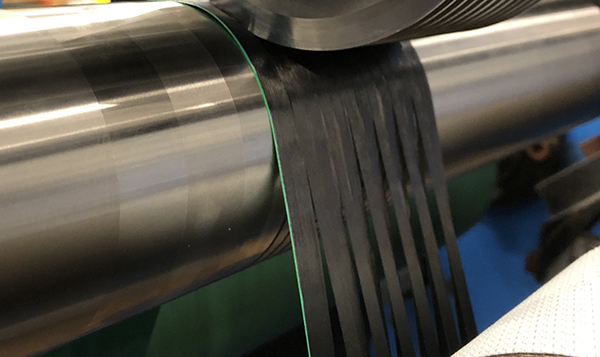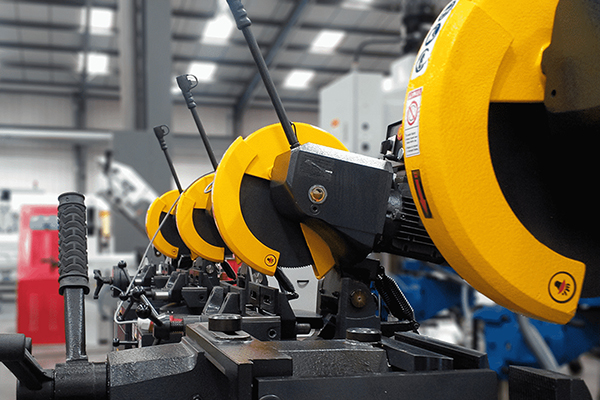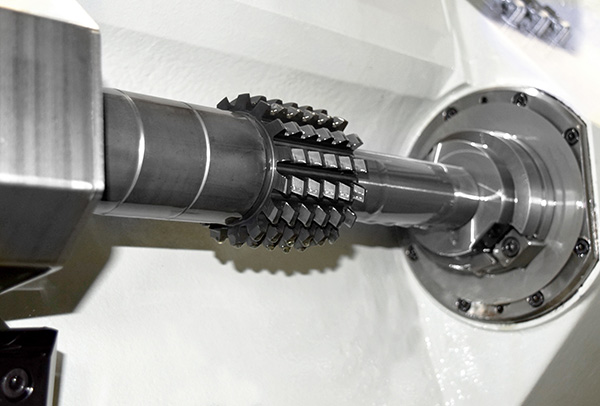Rotary actuators from HKS Dreh-Antriebe GmbH are jacks-of-all-trades, and are used whenever an object must be rotated or swivelled. The company uses Emag Richardon’s vertical hobbing machines to create special external gearings on the central piston of the rotary actuator: two of these are installed at the HKS location in Hesse, Germany, with a new R300 unit at the Neukirch plant in Saxony.

These machines have a very demanding list of requirements that must be met. For instance, due to the variety of products manufactured, the machine must be re-tooled frequently and yet still deliver flawless gearing quality.
Being able to accelerate, brake, precisely position and then hold an object in place, is not an uncommon request. For instance, when a refuse truck from the local disposal service lifts the container and empties it with a swivelling motion, more often than not an HKS actuator is providing the lifting power. The same applies for the fire department’s rescue platforms, or particularly large excavator shovels. At the other end of the spectrum, rotary actuators from HKS are used in industrial production, to ensure the precise tipping of collection bins, the quick movement of mixing devices or easy completion of tool changes on a machine, for example.
Rotary actuators are based on various actuator principles and feature different performance characteristics and sizes. Given all this diversity, is there such a thing as a broad basis for success at HKS?

“At the end of the day, it’s always a matter of developing very precise actuators; being able to durably withstand the highest loads and work efficiently,” explains Mario Vogt, head of operations at the HKS plant in Neukirch. “We therefore develop highly bespoke solutions for many customers and operate our three production sites in Germany with high vertical integration. Our experience flows into each and every development. This is the basis on which we have become one of the leading manufacturers in this field.”
Another reason why this is such a particularly challenging type of gear manufacturing becomes obvious when looking at the various operating principles of rotary actuators. Take helical rotary actuators, for instance; this type of actuator converts the linear movement of an actuated piston into the required rotary motion. The piston’s high-helix thread is then combined with the internal gearing of the cylinder that surrounds it – the longer the linear movement of piston, the greater the rotational movement.
This principle is as simple as it is effective. However, depending on the area of application, a tremendous amount of force may also be placed on these gearings. The typical areas of application for HKS torque motors in industry and engineering demand reliability. For this reason, only extremely stable and precise gearings are produced – the reject tolerance is zero.

The fact that HKS executives approached Emag with this challenge is no coincidence, since two Richardon hobbing machines are used at the production site in Wächtersbach, Hesse. Their reliability and efficiency should now make an impact at the Neukirch site, considering that the existing gear-cutting machines installed there were already ageing.
“One of our goals was to handle increasing production volumes for gears at a higher machining pace, since our technology is being implemented in a growing number of application areas,” explains Vogt. “At the same time, re-tooling the hobbing machine must be very fast and easy, since our batch sizes can range from one to 50. Batch size changes occur almost daily. That’s why it’s important for us that the re-tooling process can be completed within a few minutes, depending on the component. Production starts immediately once we’ve run in the machine with a sample.”
The R300 vertical hobbing machine from Emag Richardon has been running at HKS since March 2019. Throughout this time, there has been a tremendous increase in performance when compared with the technology used previously. For example, the operation time has been reduced from up to three hours to about 30 minutes when machining very large gearings. At the same time, the tool life of the hob has increased by approximately 30%.
In summary, the vertical hobbing machine is able to machine module 3 external gearings from 90 to 350 mm in width. The pistons generally range from 200 to 500 mm in length and weigh between 2 to 200 kg.
“This broad range of components is directly linked to a particular strength of Emag Richardon’s technology: generous fundamental design principles,” explains Michael Ossot from Emag’s sales team.

The machine also stands out because of a variety of details in its design: the base of the machine is made of high-quality cast iron, which reduces vibration. Emag’s machine is also very thermostable. The workpiece table with torque motor is another important aspect, since its direct drive is free of wear, backlash and maintenance, and precise in its movements. This factor benefits precision during the machining process. The double V guideways on all axes are another notable mark of quality.
In 2017, the Emag Group acquired Richardon and gained extensive experience in gear cutting for large components. It was important to HKS that this transition did not lead to any technological changes to the design of the machines, as confirmed by Vogt: “We have had a great experience with this technology and obviously wanted to establish the same efficiency and flexibility at our Neukirch site, without any change in mechanical engineering. Emag were able to guarantee this.
“We’re continuing to see the benefits of our investment decision,” he adds. “The machine allows us to produce significantly larger unit volumes in a comparable time period. Considering that rotary actuators are continuing to be implemented in a growing number of application areas and the market for this technology is growing, this is a key enabler of our success.”
For further information www.emag.com







